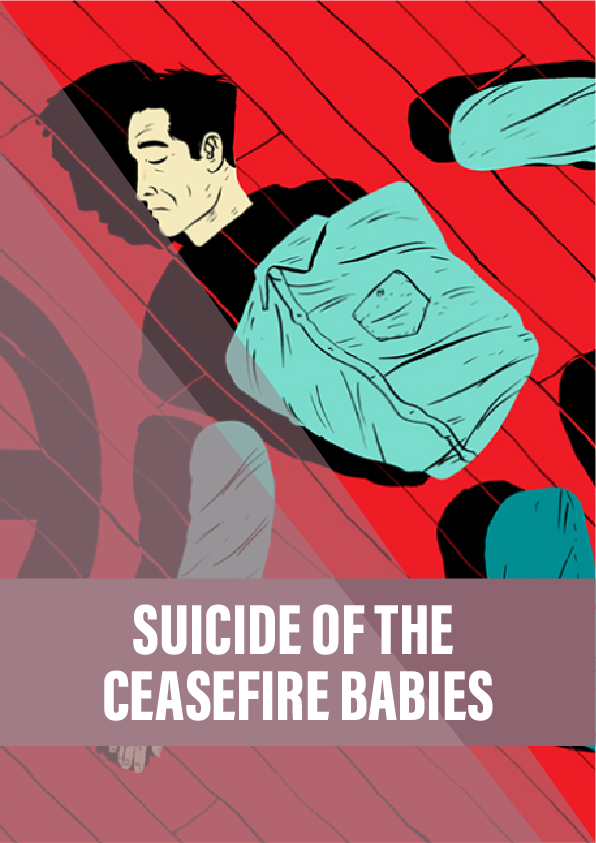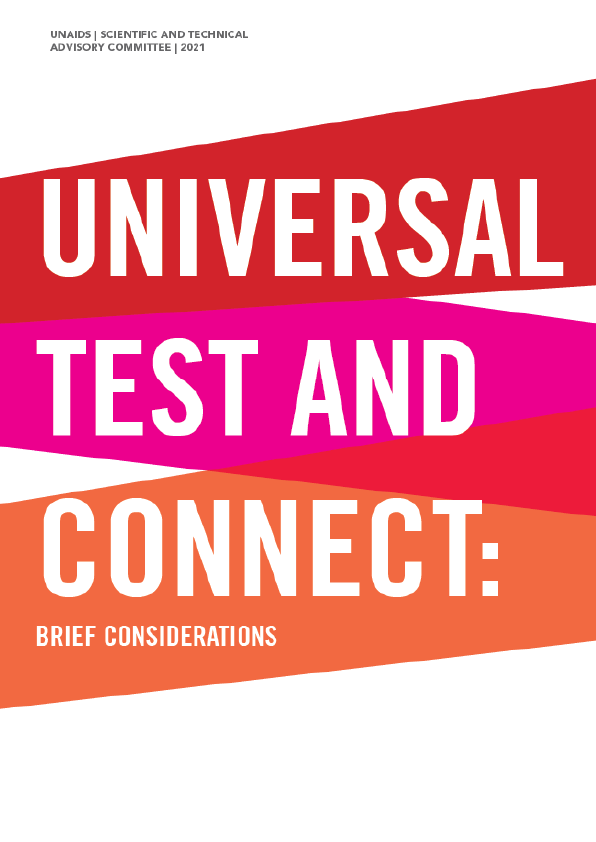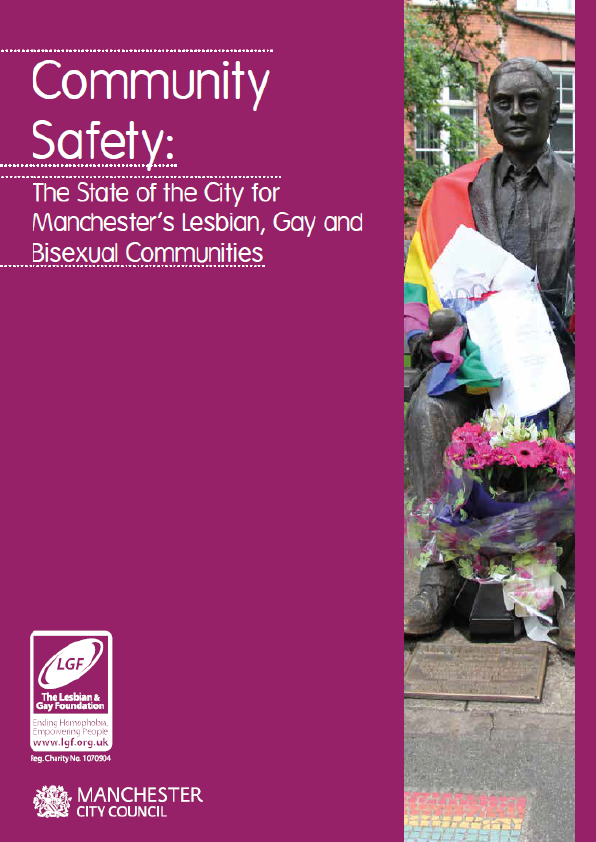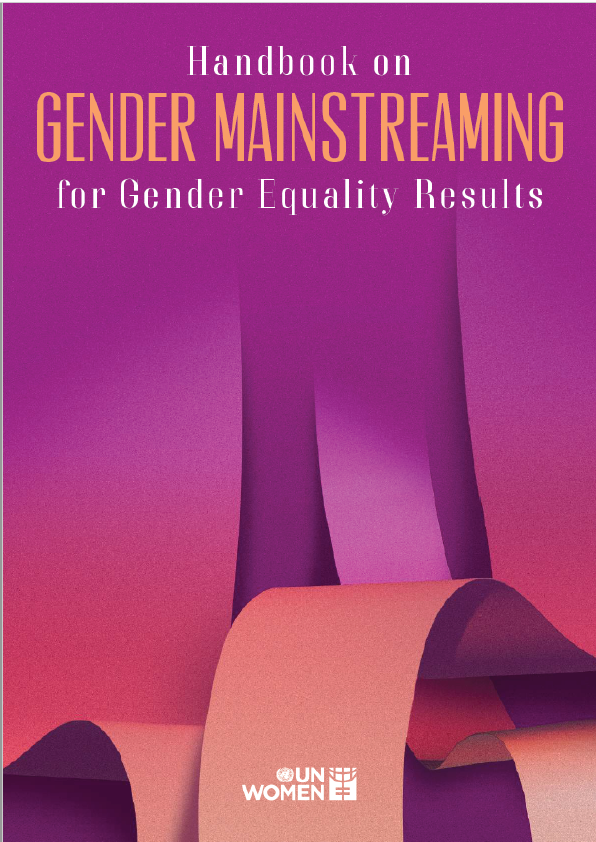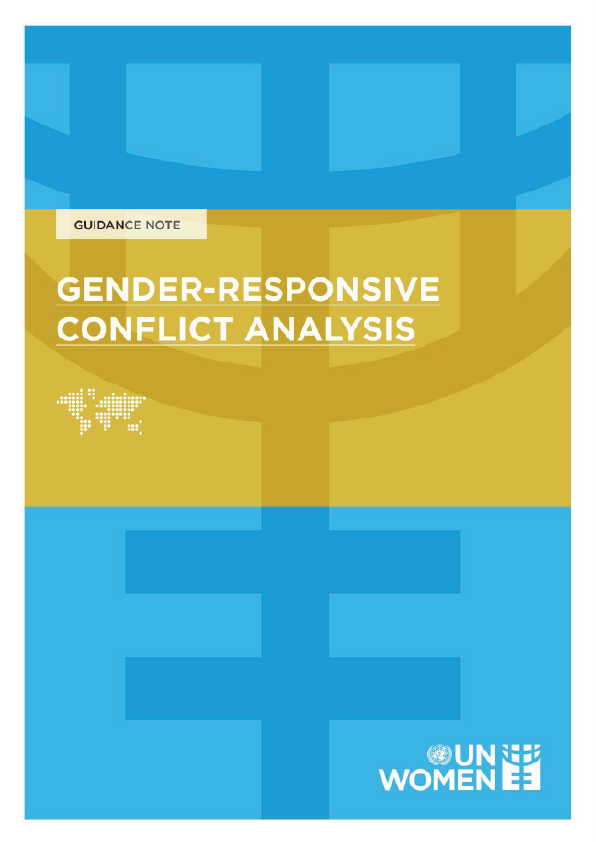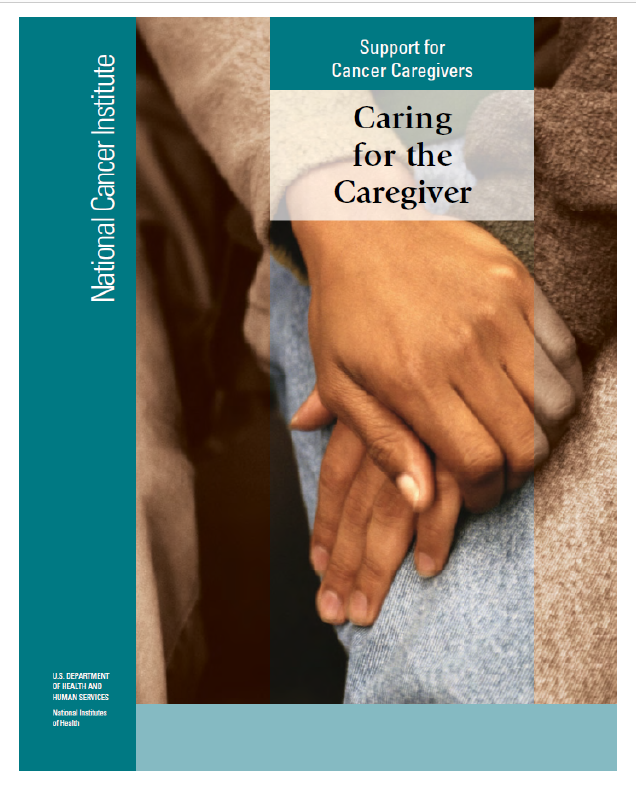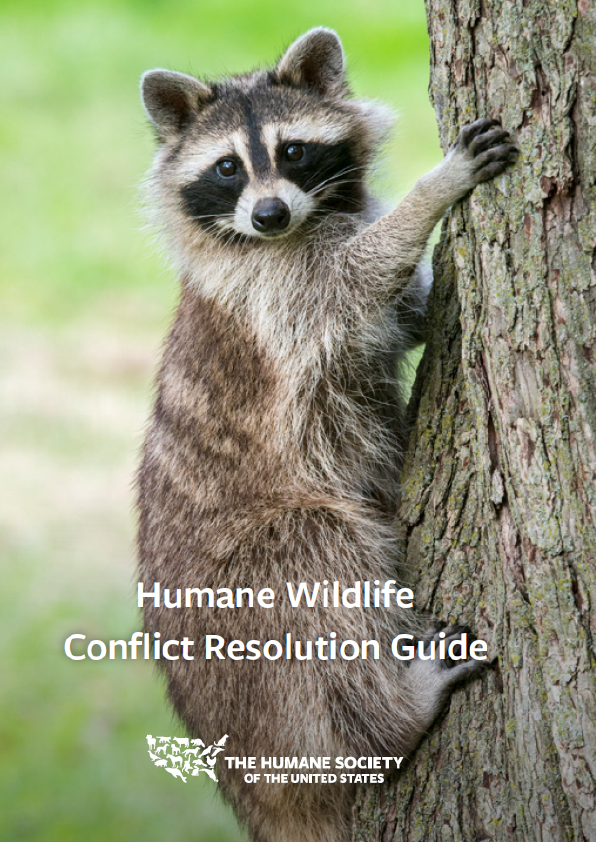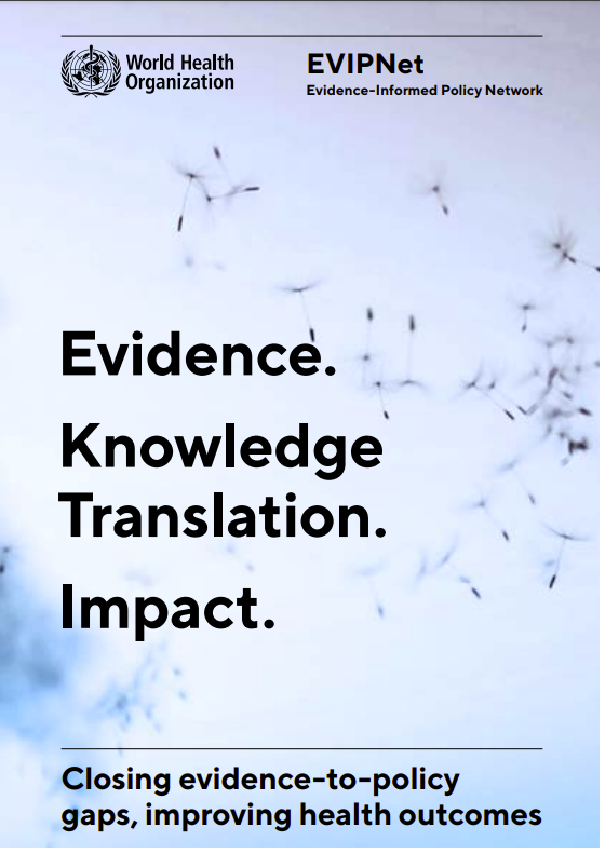In Northern Ireland, more people took their own lives in the 16 years after the Troubles than died during them. Why? Lyra McKee finds out.
So the answer to your question is yes.
If you’re ever really gonna kill yourself, yes, please,
Call me.Extract from ‘I Won’t Write Your Obituary’ by Nora Cooper
“He’s only 17, how can he be dead?”
For once, Big Gay Mick wasn’t saying much. “I don’t know. We just seen his stepdad getting out of a taxi at the top of the street and he told us.”
There was no getting any other details out of him; he was in shock. Big Gay Mick was not normally lost for words. Stick-thin, with a baseball cap permanently pulled down over his eyes and a gold chain around his neck, you might have mistaken him for one of the neighbourhood hard men until you heard his voice: shrill, camp and a fair bit higher than what it should have been post puberty. In our little teenage gang, he was the only one brave enough to be openly gay. It wasn’t easy.
We grew up just off Murder Mile, a stretch of the Antrim Road so called because of the number of casualties there during the Troubles (the wider area was known as the Murder Triangle for the same reason). On the street where Big Gay Mick lived, beside a ‘peace wall’ that separated us from the Protestants, loyalist paramilitaries would drive down, single out a target and pull the trigger. Even though Mick lived just two streets away from me, I wasn’t allowed to go to his until I was 10 years old, two years after the Good Friday Agreement – a key part of the peace process – was signed. In an area where murder and mayhem created hardened men, it was not easy to be as camp as Christmas. He managed, though, all the while smirking at a member of the local paramilitary who would shout homophobic abuse at us as we walked by.
The swagger was gone today. I was grilling him and he didn’t have the answers I wanted.
“How can he be dead?”
Reference:
- O’Neill S et al. Patterns of suicidal ideation and behavior in Northern Ireland and associations with conflict related trauma. PLoS One: 2014 Mar 19;9(3):e91532.
- Northern Irish Assembly Knowledge Exchange Seminar Series 2013. Tomlinson M. Dealing with suicide: how does research help?
- Yehuda R et al. Holocaust exposure induced intergenerational effects on FKBP5 methylation. Biol Psychiatry 2015 Aug 12. pii: S0006-3223(15)00652-6.
- Siobhan O’Neill’s talk: Suicide prevention is a social justice issue – TEDxOmagh
- Samaritans (UK and ROI): 116 123
- National Suicide Prevention Lifeline (USA): 1-800-273-TALK (8255)
- Switchboard LGBT+ helpline (UK): 0300 330 0630
- Mind mental health charity
